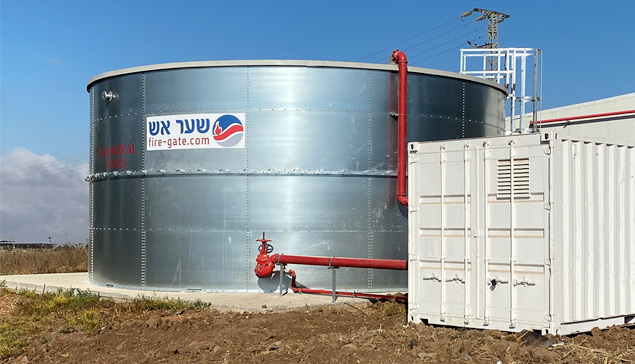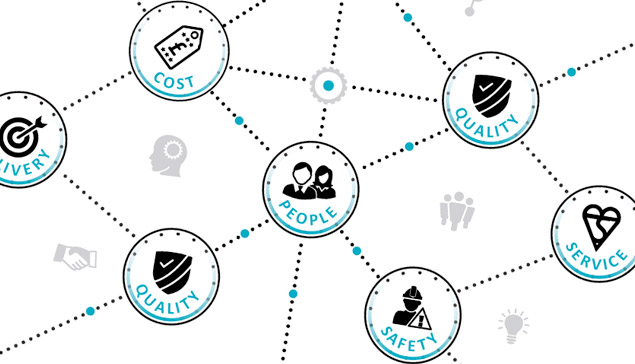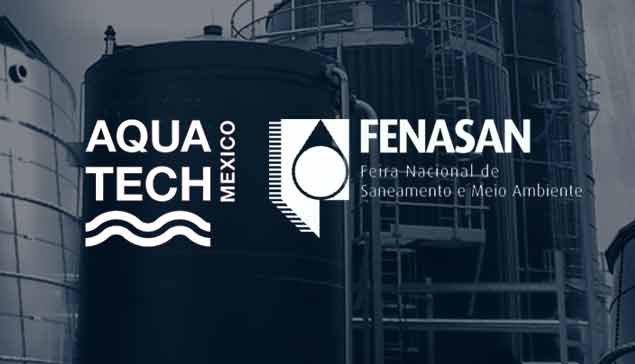
Commentary - August 2024
Anaerobic digestion: converting waste into profit
Anaerobic digestion (AD) is a biological process where microorganisms break down organic materials in the absence of oxygen. This process occurs naturally in environments like deep water bodies, marshes and the digestive tracts of certain animals. It can also be harnessed in controlled environments such as bioreactors or digesters, offering a sustainable and responsible way to manage organic waste.
AD transforms agricultural residues, food waste and sewage, which would otherwise be pollutants, into biogas. This biogas can be converted into electricity, heat or upgraded to biomethane, providing a renewable alternative to fossil fuels and significantly reducing greenhouse gas emissions.

The opportunity
The landscape is ripe with federal and state incentives in the United States, designed to reduce initial investment costs and improve return on investment significantly. For instance, the Inflation Reduction Act (IRA) and tax credits can potentially reduce what would typically be a ten-year payback period to just four years.
Specifically, the IRA offers a two percent tax credit, which can increase five-fold to a total of 10 percent if at least 40 percent of the manufacturing materials are sourced from within the U.S. This complements the existing internal tax credits (ITCs), which provide a base six percent credit that multiplies to 30 percent when American labour is utilised at prevailing wage rates. Collectively, these incentives can accumulate to a 40 percent tax credit for an AD project, significantly enhancing the financial viability of such investments.
Additionally, these federal-level incentives are supported by state-level subsidies, which further enhance the benefits, making anaerobic digestion a lucrative prospect.
The solution
At Balmoral Tanks, our experience with AD is extensive. Our first major U.S. order - an impressive three-million-gallon system - was just the beginning. We've seen demand grow, reflecting the market's recognition of the vital role AD plays in sustainable waste management and renewable energy production.
Our DigestanQ solutions are tailored for this expanding anaerobic digestion market. They feature cutting-edge design and materials that set them apart from traditional options like concrete or stainless steel. Our systems utilise fusion-bonded epoxy coatings, ensuring durability and efficiency, while remaining cost-effective.
To support the Inflation Reduction Act, Balmoral Tanks are now manufacturing in the USA.
The bottom line
Investing in AD technology is not only beneficial for the planet but also for business. With robust incentives and a clear path to significant environmental and economic benefits, the case for AD is stronger than ever. The potential is immense, and the time to act is now.
As pioneers in this space, Balmoral Tanks is ready to help you explore how anaerobic digestion can fit into your sustainability goals.






